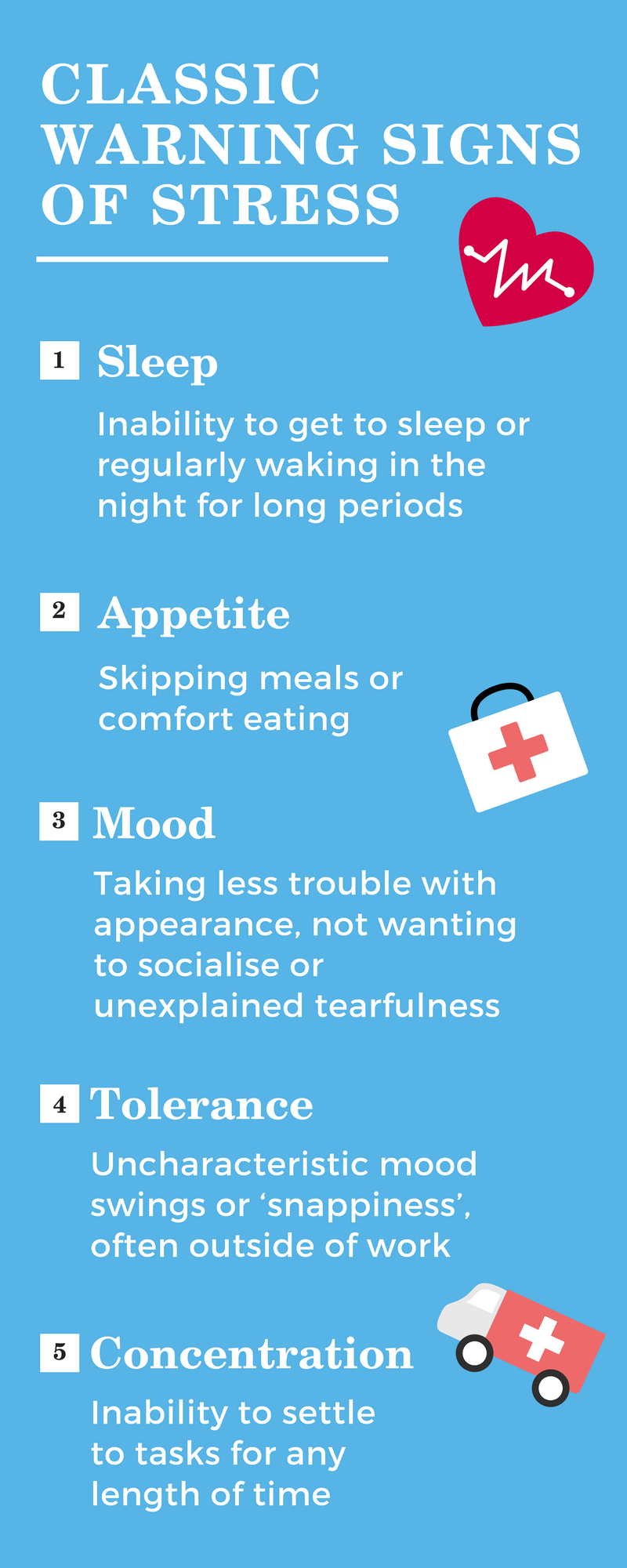
James Hilton, a former headteacher of fifteen years’ experience, now works as a speaker and writer specialising in resilience and stress management. He is the author of the critically acclaimed book Leading From the Edge and the forthcoming book Ten Traits of Resilience. James has spoken at a number of Ark events, including our Teach 2017 conference in Birmingham.
Teaching can be one of the most rewarding jobs in the world, but it is also one of the most stressful. Resources are rapidly shrinking whilst the pressure for improved results is relentless. Add into the mix higher levels of accountability than ever before and shifting goalposts and it is of course inevitable that many teachers experience high levels of stress at some point in their career.

Sadly, many teachers feel unable to talk openly about it for fear of what others may think of them and how they might be perceived. Many people just bottle it up and plough on regardless. Unfortunately, stress is insidious, and creeps up on a lot of people who fail to spot the warning signs. I should know; I was one of those people.
In 2006 I was an experienced headteacher in my second headship; an exceptionally large and still rapidly-growing primary school in the East Midlands. I began to find it difficult to keep all the plates spinning. I loved my school but was struggling to be everywhere at once and make any impact on my mounting to-do list.
Migraines were a regular occurrence, as was lower back pain. I started to have panic attacks and began to stammer in pressurised situations. I did not open up to other people about my symptoms, although looking back, the stammer must have been a bit of a giveaway!
Things had crept up on me and I did not realise how ill I had become. I did not make the connection between the different symptoms at all, although with hindsight, it was blindingly obvious they were connected. When we are under severe pressure we often cannot see the wood for the trees. At the end of the following January things came to a head. One Monday morning, just before leaving for school, my back went into uncontrollable spasms and I did not move from my lounge floor for over a week. My body had shut down. It was a classic example of ‘burnout’.
It took me six months and a course of cognitive behaviour therapy before I was able to get back to the job that I loved. I went back, a little wiser and armed with a range of simple but effective strategies, which I share in my books. I am not going to pretend to you that life was always plain-sailing but I am proud of the fact that I was able to continue the job I loved, in a community I cared about.
Ten Stress Management Strategies
- Vary your route to and from work. It can help control anxiety and reduce the sense of getting back on the same rollercoaster. Small changes in routine can be enough to break the negative patterns of thinking that we can get ourselves into.
- Try to divide your to-do lists each day into ‘must’, ‘should’ and ‘could’. You will never get it all done but you usually leave work with the satisfaction of knowing that everything in the ‘must’ list has been completed.
- Keep a list of all the unplanned things that take up working time each day, such as meetings with parents, phone calls and answering emails. It is reassuring to see at the end of the day what you have achieved, even if it some of it was unscheduled!
- Be realistic about what you expect to achieve each day. There will always be unplanned interruptions. Try to factor in some time for this.
- To help you focus on the positive, keep a diary and write down three positive things, however small, that have happened each day. You go home thinking about the positives.
- Music can be very evocative and reconnect us with particular times in our lives or particular emotions. Compile playlists of music that you associate happy emotions or occasions. Make up others that are calming or to help you feel brave.
- List your achievements and remind yourself of them regularly. Keep your list somewhere private but where you will see it frequently, such as in the front of a diary or planner.
- Find a trusted friend outside of your immediate professional circle and talk to them, honestly. It is difficult to be objective when we are emotionally charged. We all need someone outside of a situation to challenge our perceptions.
- Try to maintain an outside interest or hobby. If you find it hard to relax, try something that will distract your mind from work, for example, learning a foreign language at an evening class.
- Sleep is key. There are many free apps for phones and tablets with ocean wave sounds. They trick your breathing pattern into a relaxed rhythm allowing you to sleep.
We all have differing tolerance levels for stress, and we also all have a tipping point beyond which we are likely to have an adverse physical or mental reaction to the pressure we are under. There is no shame in that. The key is self-awareness; knowing the warning signs and proactively equipping ourselves with coping strategies to avoid that tipping point being reached.
Leading From the Edge is available from Bloomsbury Publications and Amazon. Ten Traits of Resilience is now available to pre-order from Bloomsbury Publications and Amazon.
To find out more about James’ work visit www.jameshilton.org.uk